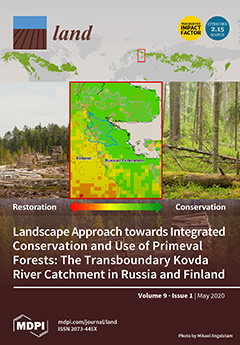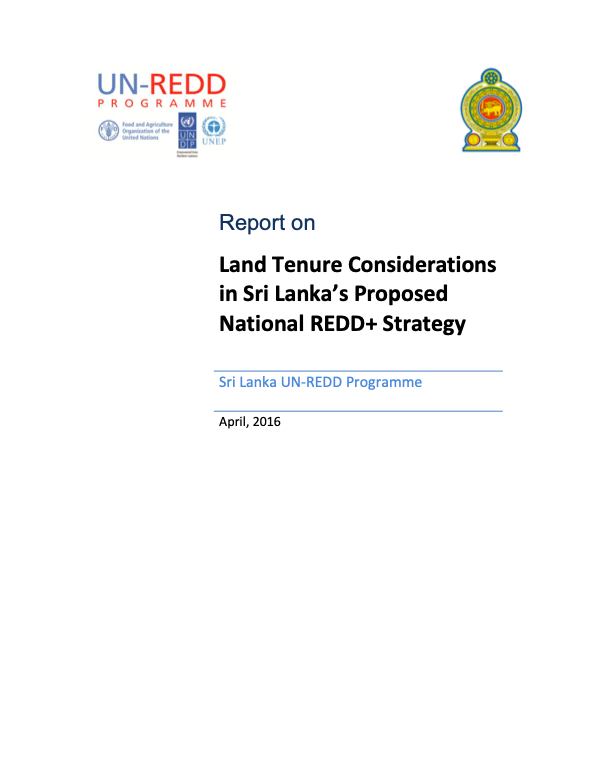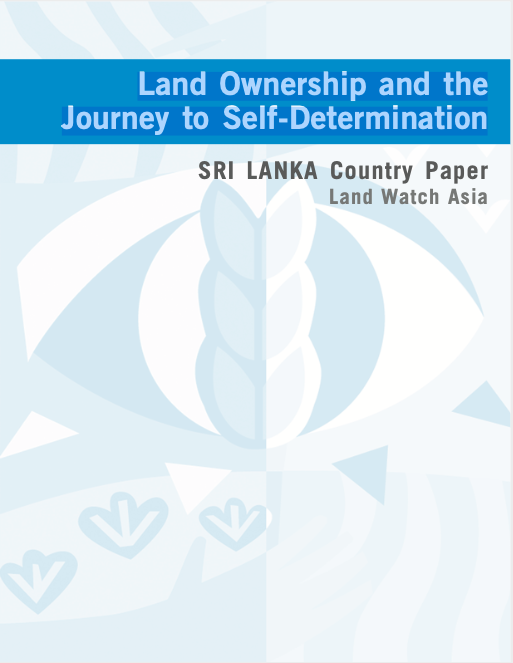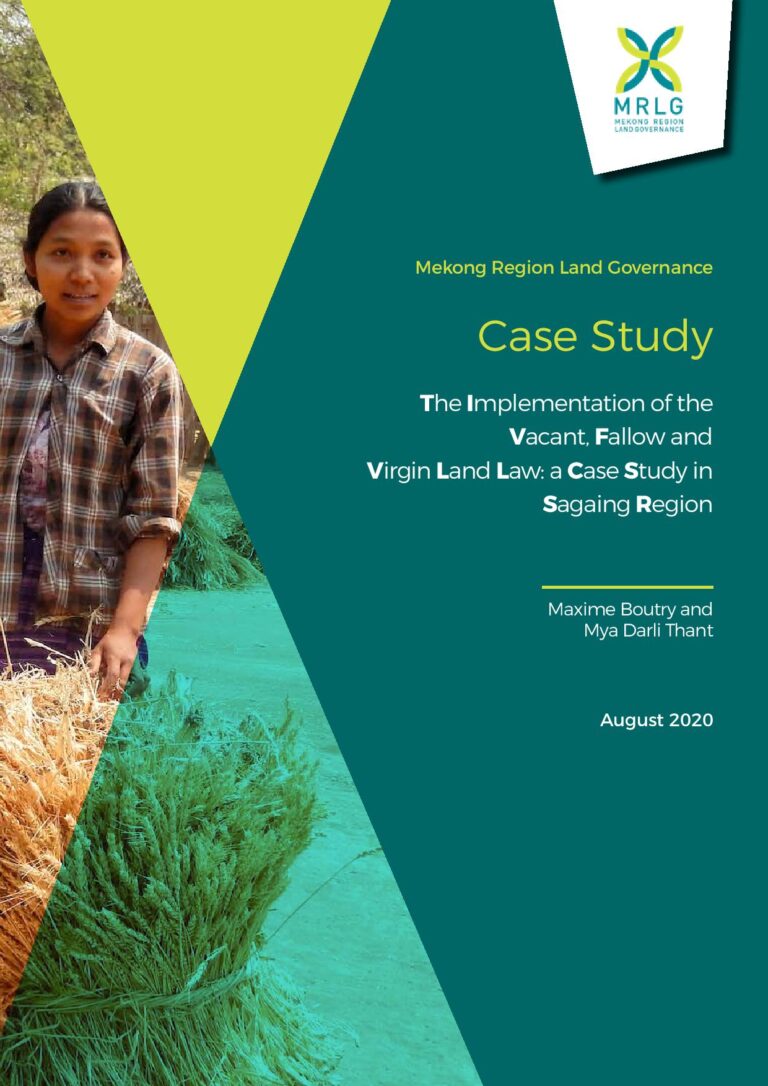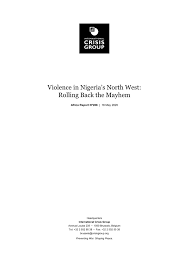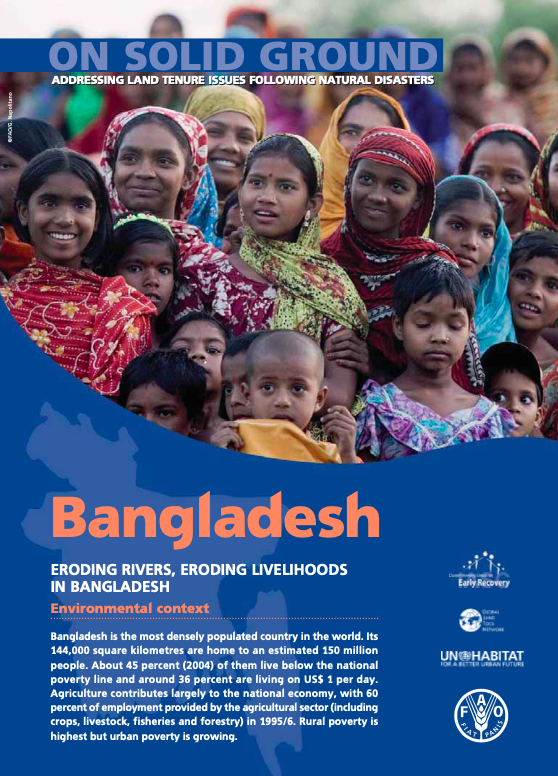Relations between Land Tenure Security and Agricultural Productivity: Exploring the Effect of Land Registration
This paper reviews the scholarly literature discussing the effect(s) of land registration on the relations between land tenure security and agricultural productivity. Using 85 studies, the paper focuses on the regular claim that land registration’s facilitation of formal documents-based land dealings leads to investment in a more productive agriculture. The paper shows that this claim is problematic for three reasons. First, most studies offer no empirical evidence to support the claim on the above-mentioned effect.

